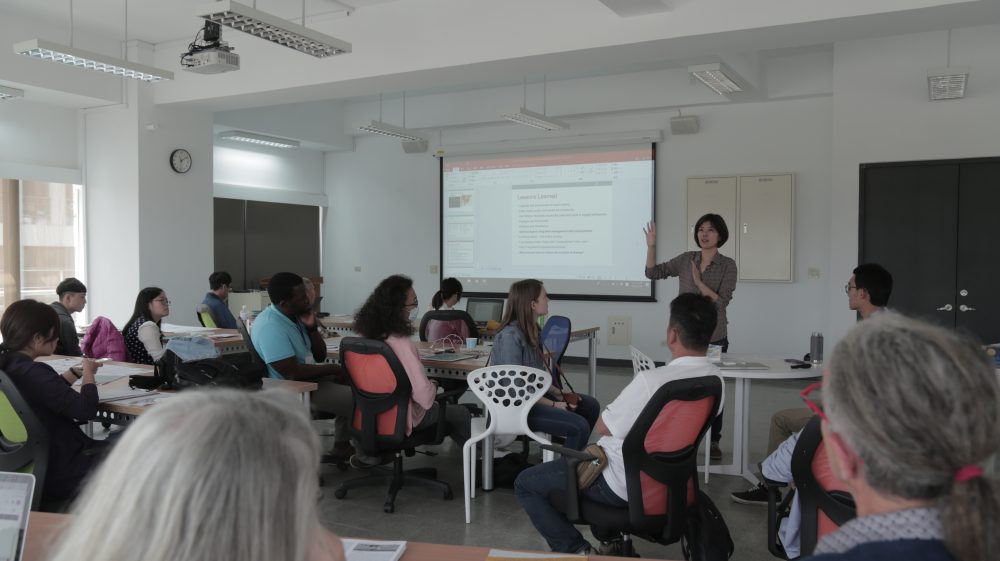
In the recent global fight against COVID-19, while some countries demonstrate effective responses through organized operations and involved communities, others still struggle. It seems obvious that disaster risk governance should be better discussed, improved, and implemented in the face of the unprecedentedly Covid-19 challenges.
Disaster risk governance requires consideration of the legal, institutional, social and economic contexts in which risk is evaluated. Strengthening disaster risk governance is an urgent need for scholars to exchange experiences and build knowledge together, and will help allow the society to act and respond better the next time when a similar disaster occurs.
This project will focus on a comparative study stemming from member universities’ locations in different geographical and cultural contexts. Key elements of disaster risk governance, i.e. transparent platforms; accountability for disaster risk management; preparedness to “Build Back Better”; recognition of stakeholders and their roles; mobilization of risk-sensitive investment to avoid the creation of new risk; and infrastructure resilience, will be discussed for Ghana, Hong Kong, New Zealand, and Taiwan.
A qualitative research design based on in-depth personal interviews and document analysis will be conducted to document, compare and analyze how societies manage risks and what governance systems are in place, and how they are taken into account in fighting against the pandemic in different countries, with a special focus on the importance of assessing, communicating, and managing risks.
The expected outcomes include lessons learned from disaster risk governance to address coronavirus-related disasters and suggestions on how each country can do better from our comparative study. Understanding how different societies assess, communicate, and manage risks can allow us to identify more robust strategies in reducing risks and enhancing resilience, that is of significant public interest and can be implemented more broadly elsewhere.
